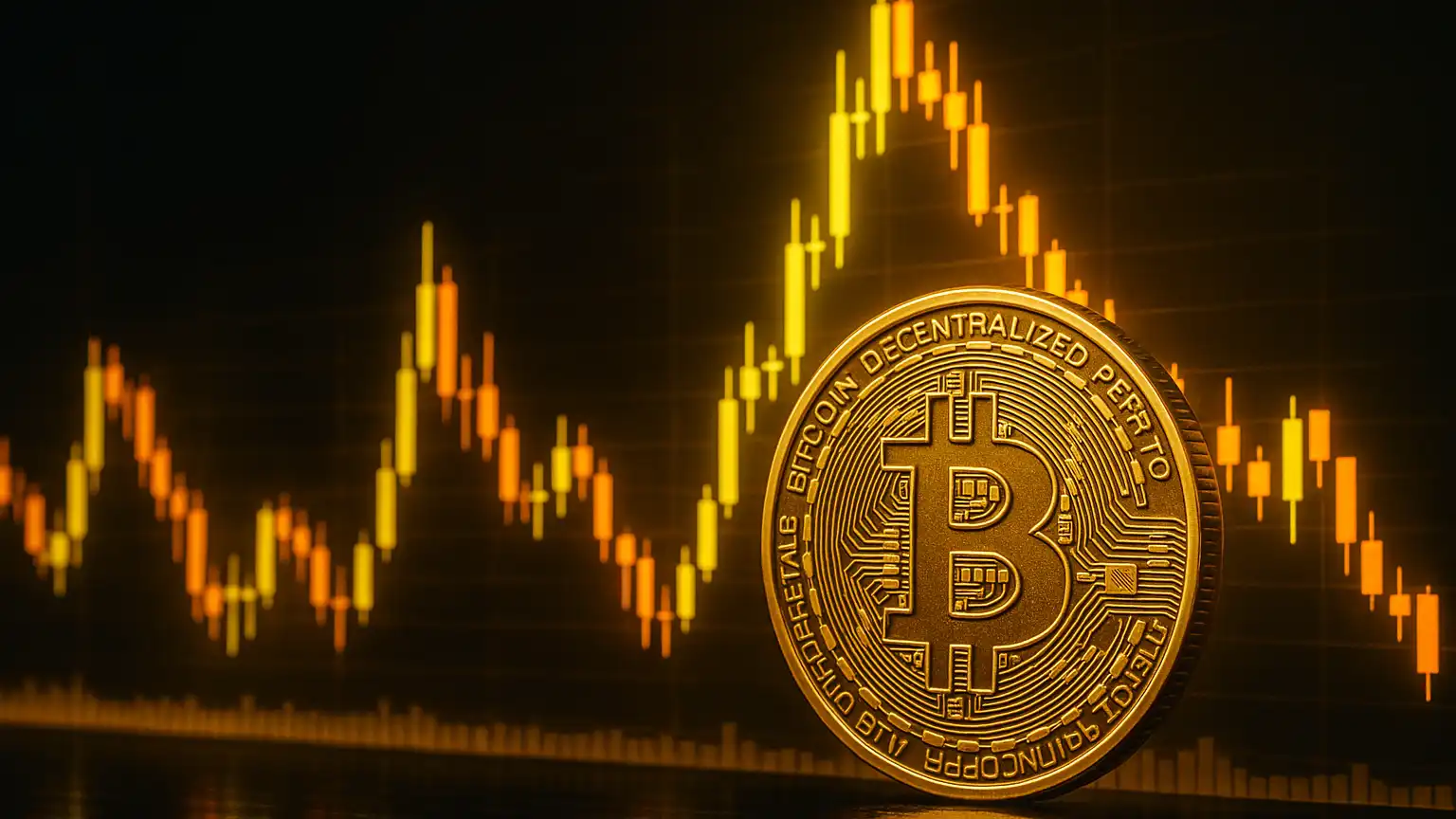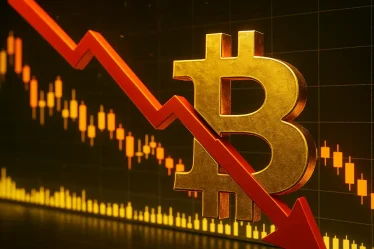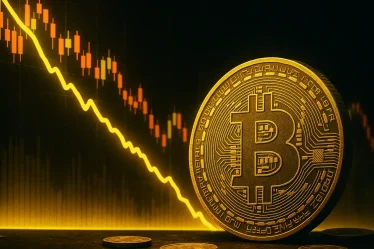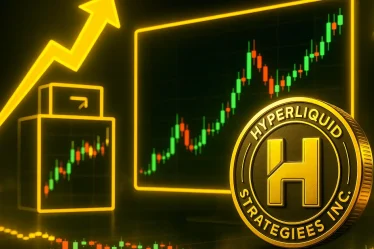
Bitcoin, often hailed as ‘digital gold,’ is facing renewed criticism following a recent market downturn. Long-time Bitcoin skeptic Peter Schiff has intensified his critique, questioning the cryptocurrency’s reliability as a safe-haven asset. This skepticism arises amidst Bitcoin’s price fluctuations and its performance relative to traditional assets like gold.
Schiff Challenges Bitcoin’s Safe-Haven Narrative
Economist Peter Schiff has consistently voiced doubts about Bitcoin’s viability as a store of value. In light of the recent market dip, Schiff argues that Bitcoin’s volatility undermines its status as ‘digital gold.’ He suggests that the cryptocurrency’s sharp price movements expose its vulnerability during periods of economic uncertainty, contrasting it with gold’s historical stability.
Schiff’s critique centers on the belief that Bitcoin’s price fluctuations are indicative of speculative behavior rather than intrinsic value. He posits that investors seeking a reliable hedge against inflation and economic turmoil should turn to traditional assets like gold, which have demonstrated resilience over centuries.
Bitcoin’s Recent Price Movements
As of October 14, 2025, Bitcoin is trading at approximately $111,289, reflecting a decline from its recent highs. This downturn has prompted discussions about the cryptocurrency’s stability and its role in diversified investment portfolios. Analysts note that while Bitcoin has experienced significant growth over the past decade, its price remains susceptible to rapid changes influenced by market sentiment and external factors.
Historical data indicates that Bitcoin’s price has experienced notable fluctuations in October 2025. For instance, on October 1, the price was $118,552.40, rising to $124,628.50 by October 6, before declining to $112,625.80 by October 11. These movements highlight the cryptocurrency’s volatility and the challenges investors face in predicting its short-term performance.
Comparing Bitcoin and Gold as Safe-Haven Assets
The debate over Bitcoin’s status as ‘digital gold’ hinges on its comparison to physical gold, a traditional safe-haven asset. Gold has long been valued for its scarcity, durability, and historical role as a store of value. Its price tends to remain stable or increase during periods of economic uncertainty, making it a preferred choice for risk-averse investors.
In contrast, Bitcoin’s relatively short history and price volatility raise questions about its reliability as a safe-haven asset. While proponents argue that Bitcoin’s decentralized nature and limited supply mirror gold’s attributes, critics point to its susceptibility to market speculation and regulatory developments. The recent price decline has intensified this debate, with some investors reevaluating Bitcoin’s role in their portfolios.
Market Outlook and Investor Sentiment
Looking ahead, market analysts remain divided on Bitcoin’s trajectory. Some predict a recovery and continued growth, citing increasing institutional adoption and technological advancements. Others caution that ongoing volatility and regulatory uncertainties could hinder Bitcoin’s mainstream acceptance as a stable store of value.
Investor sentiment is similarly mixed. While some view the recent price dip as a buying opportunity, others are wary of potential further declines. The comparison to gold remains central to this discussion, as investors weigh the merits of traditional versus digital assets in hedging against economic instability.
In conclusion, Bitcoin’s recent market performance has reignited debates about its status as ‘digital gold.’ Critics like Peter Schiff highlight its volatility and question its reliability as a safe-haven asset. As the cryptocurrency market continues to evolve, investors must carefully consider the risks and potential rewards associated with Bitcoin, especially in comparison to established assets like gold.



